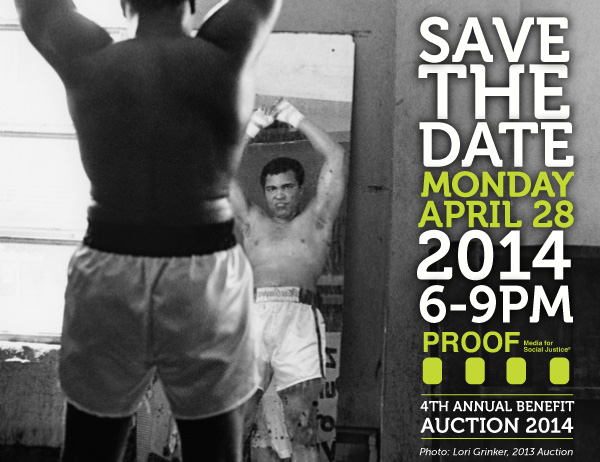SAVE THE DATE
Want to help PROOF and its partners continue their work for social change? Please attend our annual photography auction on April 28, 2014 at the Sundaram Tagore Gallery in NYC. Visit our website and donate to the cause, host an informational meeting, and tell your Facebook friends about our work.
TRAVELING WITH PROOF
PROOF is on the move again, working in Nepal and India.
NEPAL:
Our first meeting was with the United Nations Populations Fund (UNFPA) Kathmandu. The UNFPA works to improve the lives of women and children.
According to a report commissioned recently by the organization and conducted by the University of London, one in five women in Nepal reported a lifetime experience of physical violence and one in ten reported a lifetime experience of sexual violence. Trafficking of girls for sex to India is of particular concern. Other specific forms of violence in Nepal include dowry-related violence, widow abuse, polygamy, and accusations of witchcraft.
PROOF travels in Nepal. Photo: Honey Bernstein.
There is a statute of limitations here of a mere 35 days for a victim of rape to report the crime. Further, domestic violence is not considered a crime at all. It’s appalling, but not surprising, that seventy-five percent of Nepalese women who have experienced sexual or physical violence did not report the crime. Lack of trust in the police and judiciary, the failure to prosecute even the most egregious of crimes, and the potential stigma and social isolation from her community dis-incents survivors from reporting the rape.
The UNFPA is particularly focused on changing the 35-day reporting limitation and in strengthening the domestic violence laws.
“The UNFPA is particularly focused on changing the 35-day reporting limitation and in strengthening the domestic violence laws.”
PROOF and UNFPA discussed organizing a two-day conference and workshop that would bring together policymakers, womens' rights NGO's, and survivors during the "16 Days of Activism" against gender violence, a world-wide event scheduled to take place from Nov. 25 - Dec. 10, 2014. In addition, an exhibition, including photographs and oral testimonies taken from those women and girls brave enough to tell their stories, will travel to 16 regions during the 16 days of activism. The goal is to educate survivors about where and how to obtain psychological, social, and medical help, get policymakers to enact appropriate laws, and to raise awareness in communities that the victim is not to blame.
PROOF also met with a representative of Him Rights, as well as several local NGO's, while in Nepal. The meeting with Him Rights was a follow-up to the very successful and ongoing project involving PROOF, HIM, and TRIAL, an organization working against impunity and bringing perpetrators to trial. PROOF was instrumental in helping these two NGO's find 10 survivors of sexual violence in Nepal and coordinated their agreement to give testimony about their respective ordeals. Two of those women agreed to be claimants in a case brought by TRIAL to the Human Rights Commission claiming crimes against humanity.
PhotoCircle, another of PROOF's partners in Nepal, collected the photos and testimonies of these brave women. PhotoCircle has agreed to continue the effort for the planned campaign during the 16 Days of Activism.
It is only when the silence is broken by those previously silenced into submission that any meaningful change can be expected.
KOLKATA:
“Just before we arrived here, a 16-year old local girl was brutally gang raped. Shortly after reporting the crime to the police, she was raped by the same gang again as punishment. ”
Kolkata (formerly Calcutta) is the capital of the state of West Bengal, also dubbed the rape capital of India. Just before we arrived here, a 16-year old local girl was brutally gang raped. Shortly after reporting the crime to the police, she was raped by the same gang again as punishment. Steadfast in her determination to press charges, they came again a few days later, pulled her from her home, doused her in kerosene and set her aflame. She died eight days later on New Year's Day, pregnant by one of her rapists.
Indian Women. Photo: PROOF.
DRIK is an internationally recognized social media and photography NGO that uses visual media and storytelling to document issues of social import. Their projects, which include work with truckers and HIVAIDS, sex workers, environmental pollution and tuberculosis, are exemplary. This makes DRIK a valued addition to PROOF's ever-increasing circle of global organizations working for social change.
.
For four hours, PROOF and DRIK discussed the campaign in West Bengal. The use of three-wheeled taxis would make excellent mobile units for the display of informational photos of survivors (faces hidden for the protection of the women) and resource lists for those who are, or may become, victims of sexual violence.
Also present at the meeting were representatives of other women's rights NGO's, including an activist who works with women with disabilities and the representative of a home for survivors of sexual and other physical violence. These NGO's working in the trenches described the reality on the ground.
The Governor of West Bengal is a woman, and has been far less than aggressive in enforcing existing laws for the protection of women and children. Corruption here, as in other parts of India, is rampant. Perpetrators are all too frequently unpunished, free to commit further violence with impunity. In fact, those who have worked to fight for women's rights have themselves been harassed. As an international organization, PROOF's involvement in the campaign will provide much needed cover and protection to the effort here.
The safety of the drivers and owners of the mobile units was discussed at great length. One-stop health clinics, where survivors can get the psycho-social and medical help needed, as well as a rape hotline, are non-existent. DRIK was working toward partnering with other NGO's to begin the education in both government and at the grassroots level for greater survivor resources.
The police who first took the 16-year-old's rape report tried to convince her to drop her charges, even though she knew the identities of her rapists. Members of the gang were politically connected. The girl's landlady heard her screams the night she was set on fire and ignored her cries for help. The landlady's son was one of the rapists.
Newspapers have reported that the girl's father was offered a government job in exchange for withdrawing her complaint. He took the job.
It is patently clear why PROOF was asked to come to West Bengal. Much work needs to be done.
PROFILE OF Suvendu Chattergee, Director of DRIK, INDIA
DRIK Assistant Director Subhajit Dasbhaumik
Suvendu Chattergee is the founder and director of DRIK India, an ambitious multimedia organization that also works in Bangladesh, that has made challenging social inequality its central driving force for more than two decades. Chattergee is a human rights activist, photographer, and entrepreneur. PROOF started working with DRIK India after Suvendu requested PROOF's help in collaborating on the current rape project in West Bengal. Suvendu is an award-winning photographer and teaches his craft to the children of sex workers in the slums of Kolkata. PROOF is proud to partner with Suvendu and DRIK, and believes that DRIK's goals and mission align perfectly with its own.





